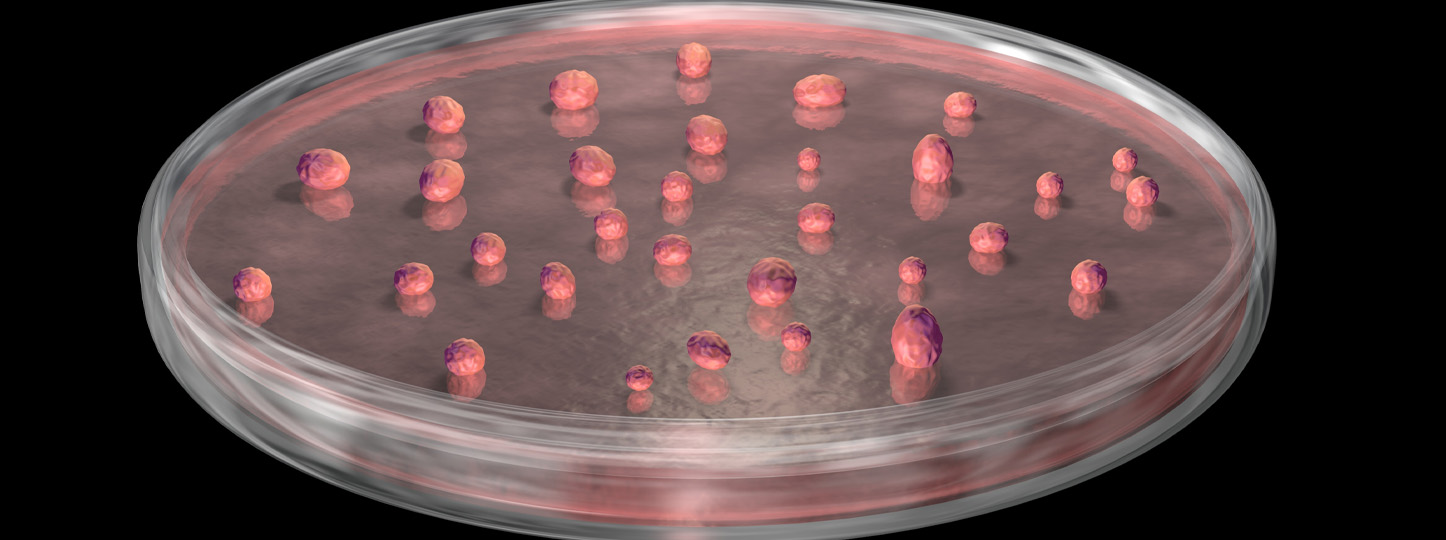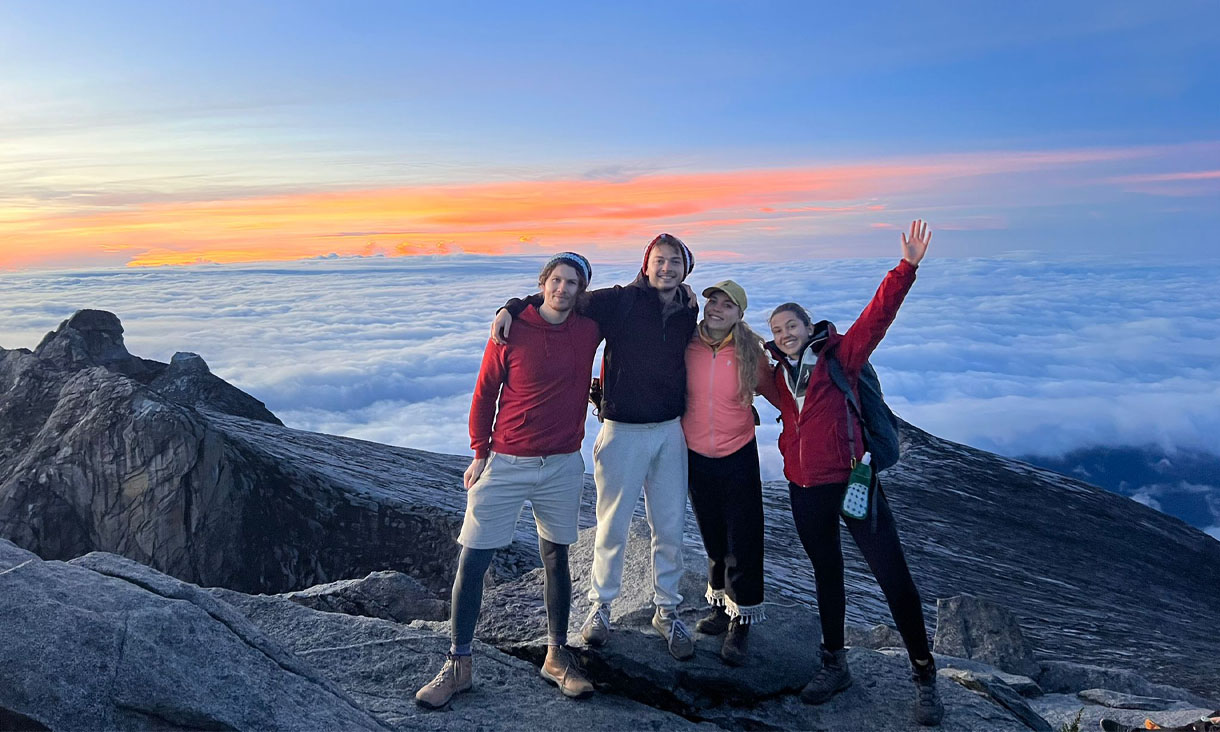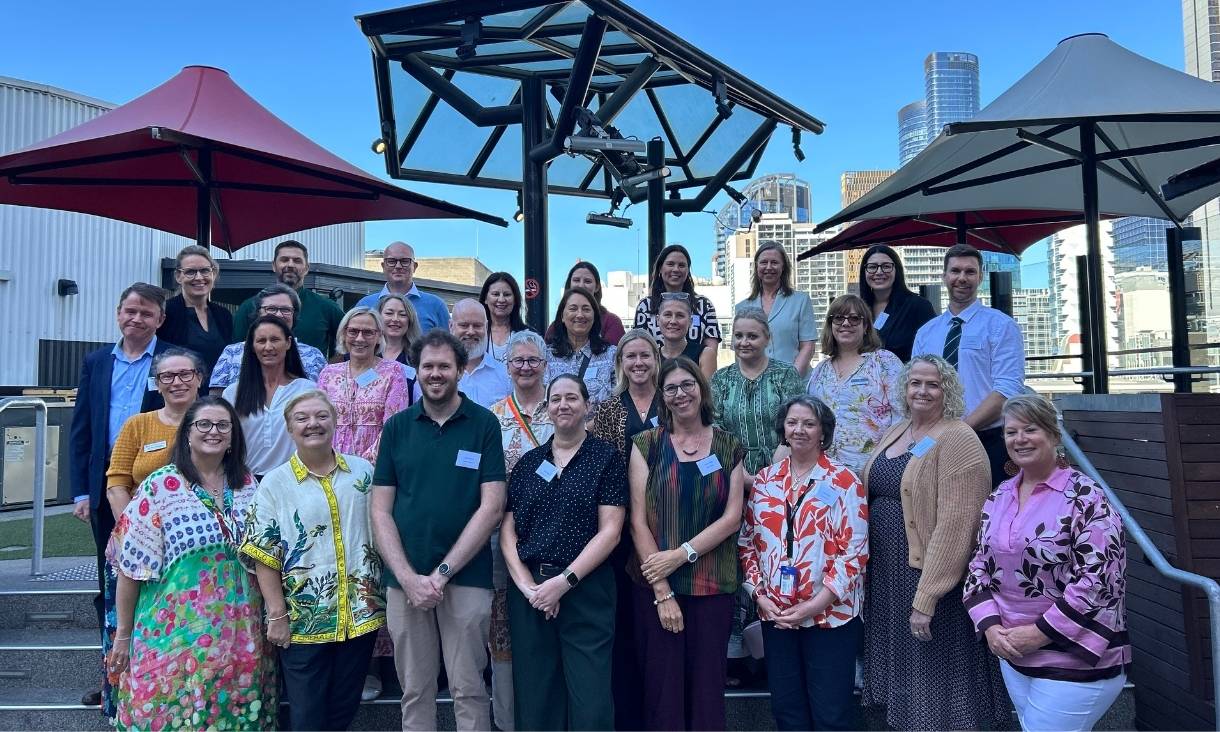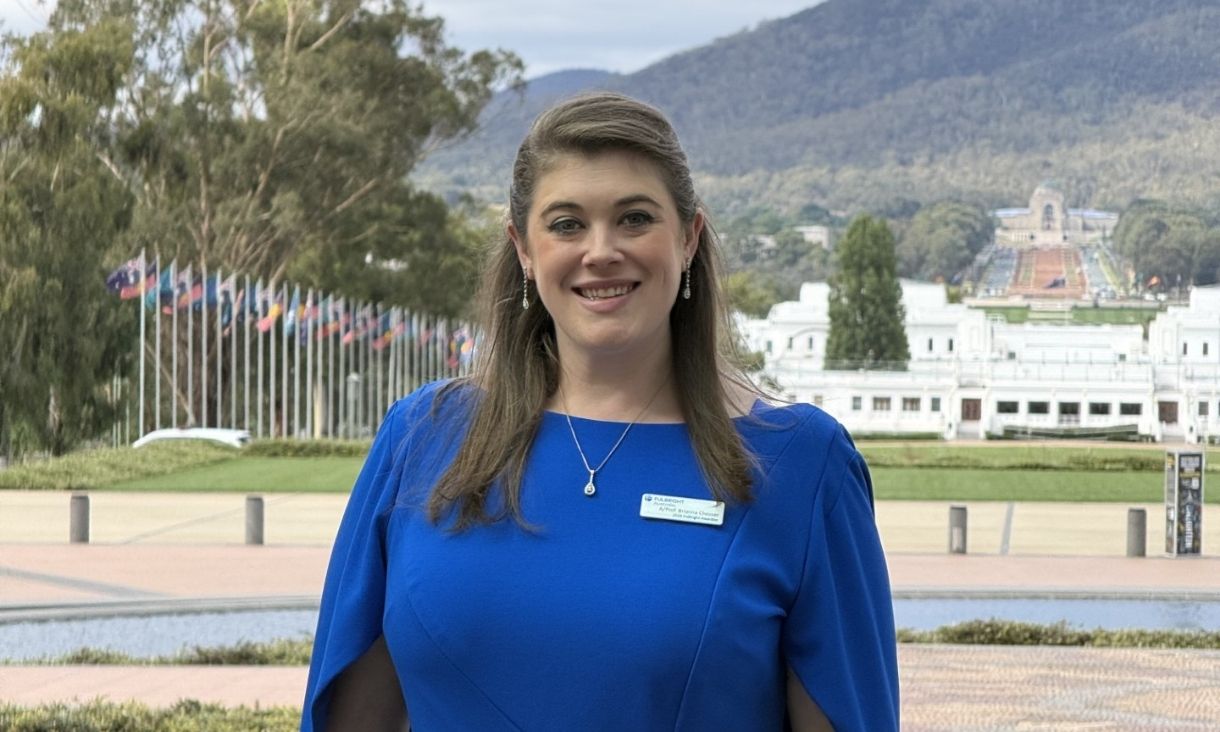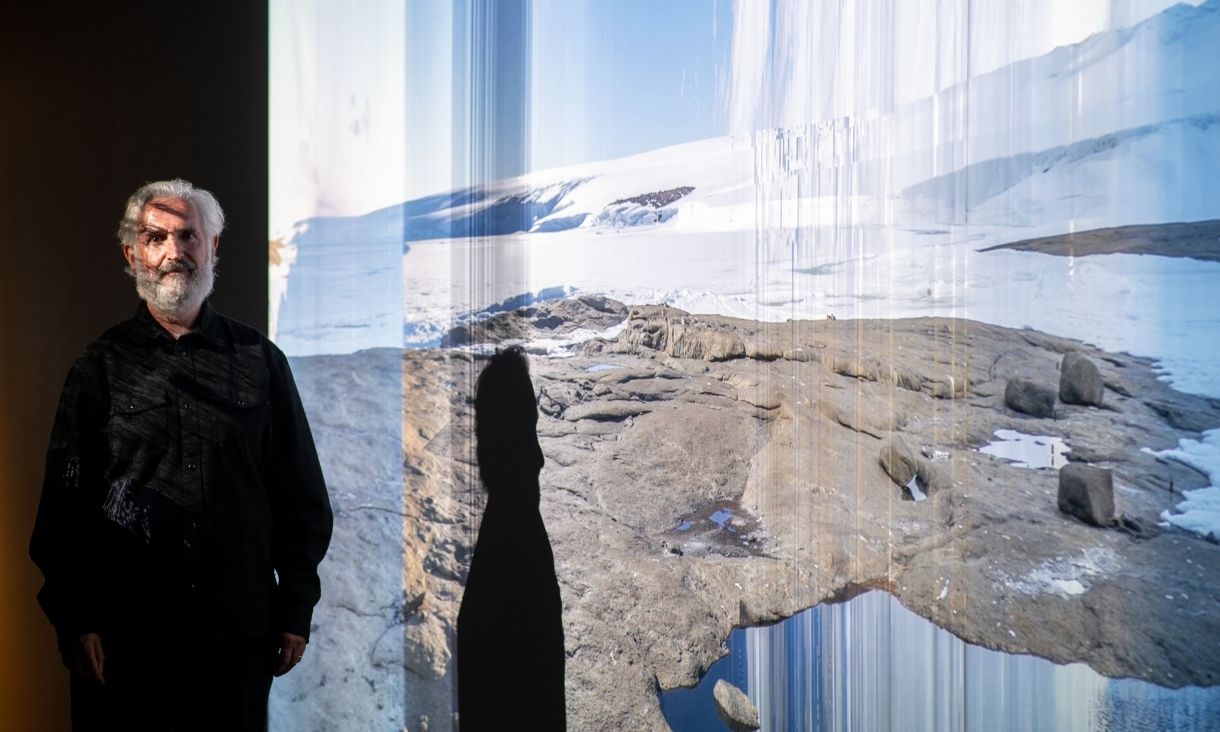RMIT hosts national Professional Experience leaders to help shape the future of teacher education
The national Professional Experience Conference gathered 42 leaders in initial teacher education from every state and territory in Australia.
RMIT scholar awarded prestigious Fulbright to combat human trafficking
RMIT Associate Professor in Criminology and Justice, Brianna Chesser has been awarded a prestigious Fulbright Scholar Award to develop groundbreaking solutions to one of the world’s most pressing human rights crises: commercial sexual exploitation through human trafficking.
‘Incredibly resilient’ nylon device creates electricity under tonnes of pressure
RMIT University researchers have developed a flexible nylon-film device that generates electricity from compression and keeps working even after being run over by a car multiple times, opening the door to self-powered sensors on our roads and other electronic devices.
Creative Antarctica: artists transport audiences to the edge of the world
RMIT Galleries' latest - and one of its largest ever - exhibitions, Creative Antarctica: Australian Artists and Writers in the Far South, brings audiences on a journey to the Far South, offering new perspectives, encounters and understandings of one of the world’s most remote and fragile landscapes.
